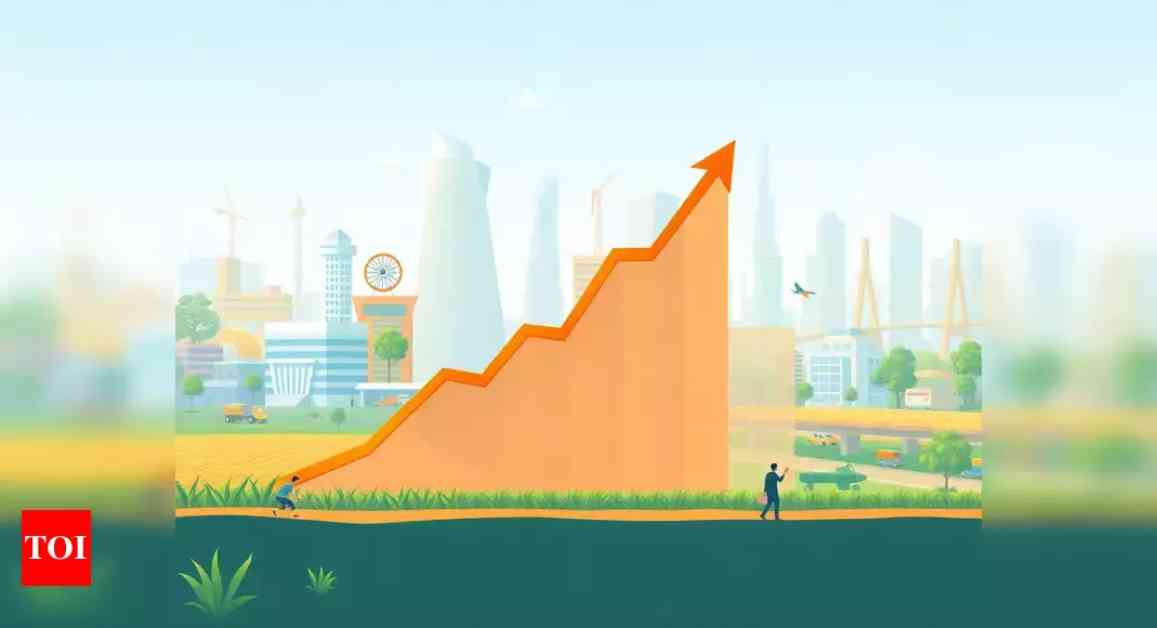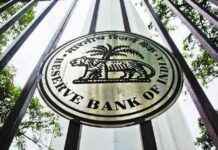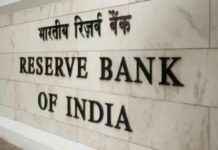FICCI Revises India’s GDP Growth Forecast to 6.4% and Inflation to 4.8%
NEW DELHI: The Federation of Indian Chambers of Commerce and Industry (FICCI) has revised its GDP growth forecast for India to 6.4 per cent for the financial year 2024-25, a significant decrease from its previous estimate of 7.0 per cent in September 2024. The GDP growth for the year 2023-2024 was reported at 8.2 per cent.
FICCI’s Forecast for 2025
According to FICCI’s latest economic outlook for 2025, conducted in December 2024, the Indian economy is expected to experience cautious optimism. Consumer spending is projected to rise, supported by optimistic prospects in agriculture and rural consumption. The growth is anticipated to be driven by government-led investments in infrastructure, housing, and logistics. However, private capital expenditure may stay subdued due to ongoing geopolitical uncertainties and inconsistent domestic demand.
Sector-Wise Outlook
The agricultural sector, along with allied activities, is predicted to grow at 3.6 per cent in FY 2024-25. Meanwhile, the industrial and services sectors are expected to expand by 6.3 per cent and 7.3 per cent, respectively. Economic activity is likely to pick up in the latter part of the fiscal year due to increased public capital expenditure, festive demand, and the normalization of industrial activity post-monsoon.
Inflation is projected to ease, with consumer price index (CPI)-based inflation forecasted at 4.8 per cent for 2024-25, aligning with the Reserve Bank of India’s (RBI) projections. Food inflation, which has been a burden on household budgets, is also expected to decrease, providing some relief to consumers.
Attracting Foreign Investment
The report also emphasizes emerging opportunities in manufacturing, electronics, and pharmaceuticals as global supply chains gradually move away from China. Economists are urging for targeted policies to attract foreign direct investment and enhance India’s manufacturing competitiveness. Despite ongoing uncertainties, the global economy is displaying resilience, supported by easing inflation in advanced economies, relaxed monetary policies, and recovery in interest-sensitive sectors.
As the Union budget 2025-26 is set to be announced on 1 February, economists are emphasizing the need to revive private consumption. Suggestions include reviewing tax structures to increase disposable income, enhancing welfare programs like MGNREGA and PMAY, and boosting investments in agriculture and rural infrastructure. Measures to enhance cold storage capacity, streamline supply chains, and reduce food wastage are recommended to manage inflation and enhance productivity.
Diversifying export markets, developing advanced industrial clusters, and deepening collaborations in key areas such as artificial intelligence, clean energy, and cybersecurity are also advised to strengthen economic resilience and ensure sustained growth.
**Saif Ali Khan Stabbing Incident: A Personal Perspective**
As we delve into the intricacies of economic forecasts and policy recommendations, it’s crucial to remember the human side of news. The recent stabbing incident involving Bollywood actor Saif Ali Khan serves as a stark reminder of the vulnerability we all face, regardless of our status or profession.
Imagine experiencing a senseless act of violence in the comfort of your own home, facing physical harm and emotional trauma. Despite his celebrity status, Saif Ali Khan’s ordeal sheds light on the harsh realities of security threats that can impact anyone, anywhere.
This incident prompts us to reflect on the importance of safety measures, both at a personal level and within our communities. It serves as a call to action to prioritize security and vigilance in safeguarding ourselves and our loved ones.
As we navigate through economic forecasts and policy decisions, let’s not lose sight of the human stories that remind us of our shared vulnerabilities and the need for compassion and solidarity in the face of adversity.























